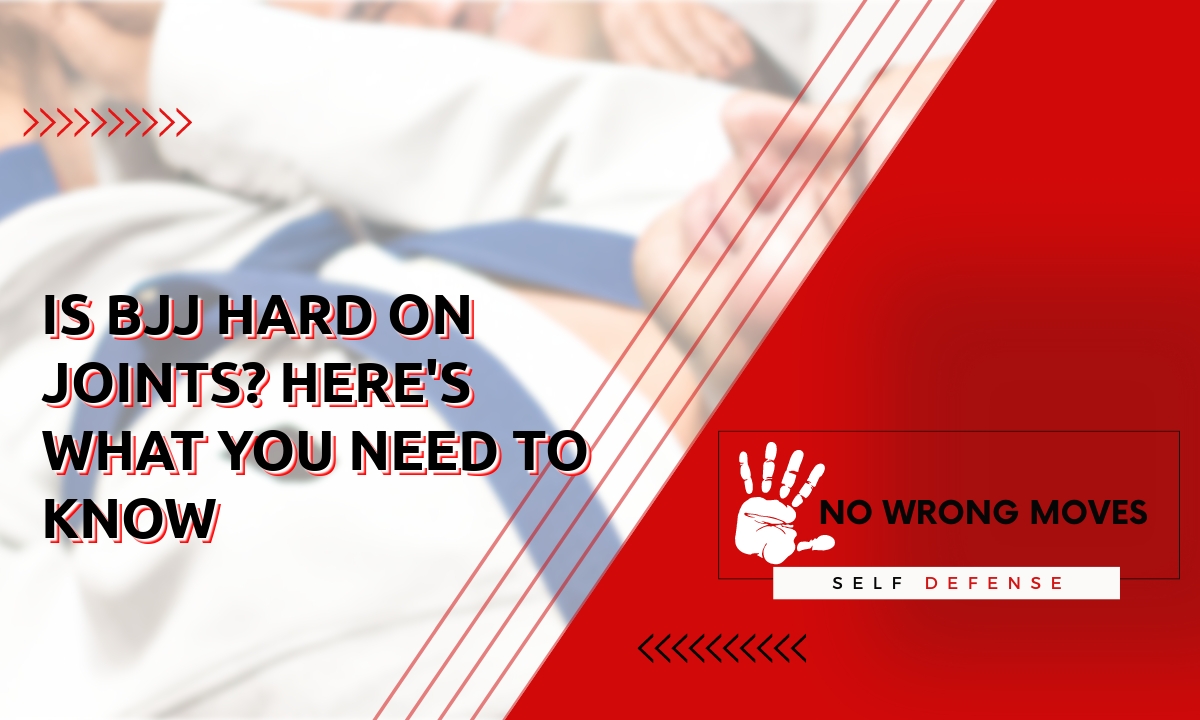
Given all the grappling, twisting, and choking involved in BJJ, it's reasonable for someone to assume a joint or two in their body might get hurt. You could inadvertently put a bit too much stress on your knees, elbows, or any other part of your body, causing a painful injury.
But is there any truth to this premise? Is BJJ really that hard on your body, and is there any genuine cause for concern while rolling? Today, we'll be looking into all of that and more.
What is BJJ?
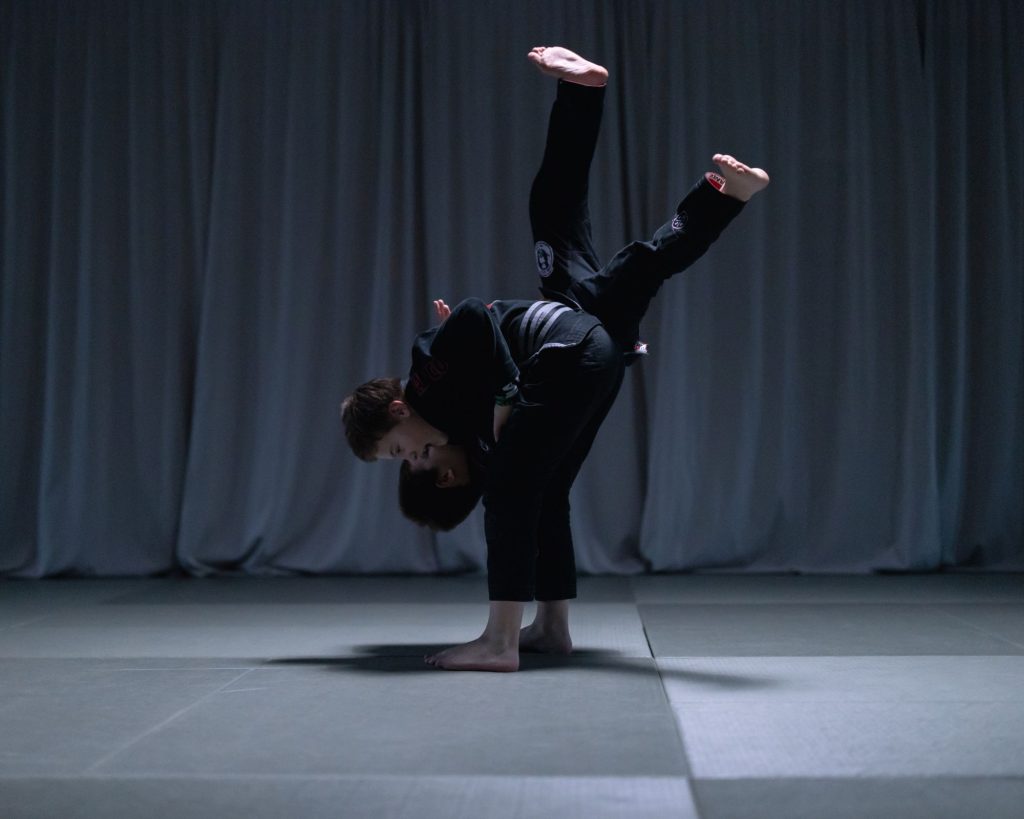
BJJ is a renowned martial art that prioritizes grappling and ground fighting. Unlike most other martial arts, Brazilian jiu-jitsu does not expect its practitioners to be very physically powerful.
Strength still matters, of course, but its importance is much less pronounced than in other combat sports.
Instead, jujitsukas can use their opponents' force against them through careful positioning and leverage, immobilizing them and forcing them into a disadvantageous position, oftentimes with the only viable option being to submit.
The fact that it can provide this kind of advantage to smaller, weaker fighters has cemented BJJ's prominence as one of the best self-defense martial arts that one can possibly take. Its popularity has reached all-time highs in recent years, and it's become a household name for self-defense.
Apart from the obvious self-defense benefits, you can also expect BJJ to give you a pretty stellar workout. Calories burned from a typical BJJ session range from around 400 to 600, depending on length and intensity.
As such, you can expect to have much better overall fitness; that means heightened coordination, improved strength, impressive flexibility, and very well-developed endurance.
It's even a very safe martial art to learn too. The lack of striking means injuries are pretty unlikely to happen--more on that later!
In general, BJJ is a stellar martial art that's perfect for anyone looking into self-defense. And even if you weren't, it still offers you myriad benefits that you'd be wise not to miss out on.
How Hard Is BJJ On Joints?
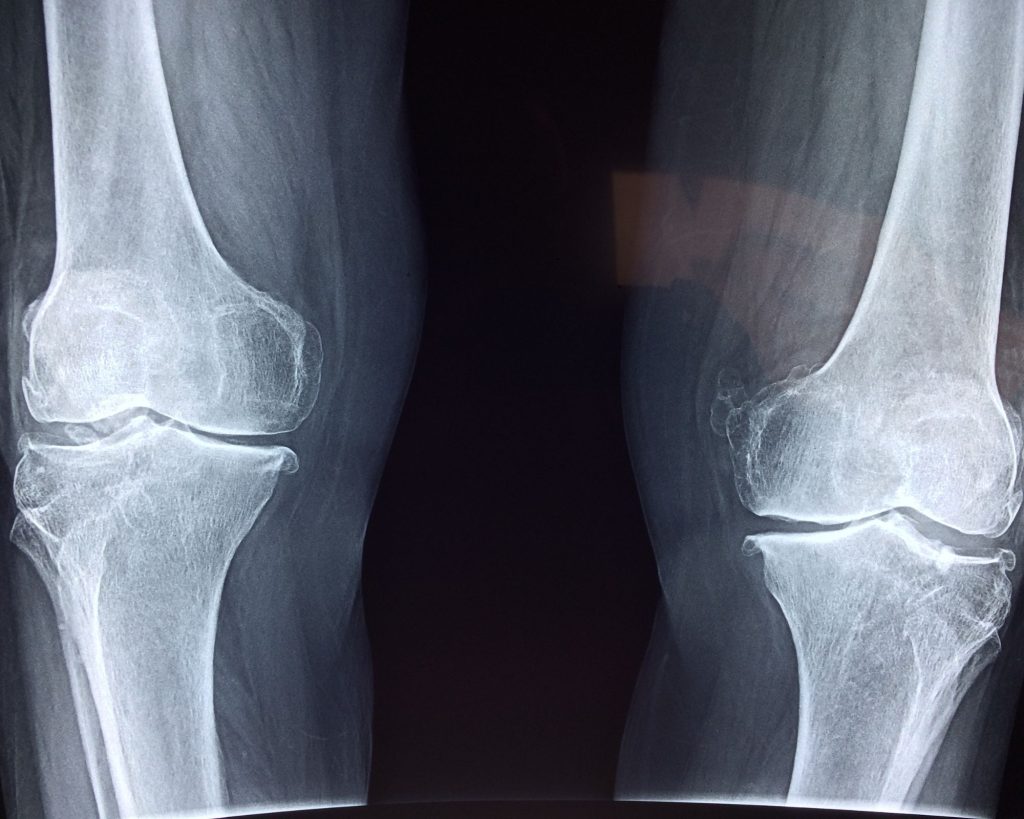
Make no mistake: BJJ can be brutal on your joints. What you need to keep an especially keen eye on are your elbows and knees, two body parts which often take the brunt of many locks and holds.
There tends to be a lot of variation on this matter. Some report that 59.2% of athletes get hurt in some way, while others say that injuries only happen in 9.2 out of 1,000 instances--which is obviously a massive disparity.
Particularly noteworthy here is that one of the most common injuries are hyperextensions, which involve a joint being extended into unnatural angles. Yikes.
But even when we don't consider injuries, BJJ is just harsh on your body in general. You will be choked out and put into uncomfortable submission holds, and your joints will take a beating out of them.
In general though, BJJ is a safe combat sport. It's called the "gentle art" for a reason, and the distinct lack of punches, kicks, or other striking techniques means usually, the only way someone can get injured is through an accident, disregard for safety guidelines, or inexperience getting in the way.
If you be careful, follow safety protocols, and practice proper form though, then BJJ will pose no major threat to any of your joints.
Preventing Injury in Brazilian Jiu-Jitsu
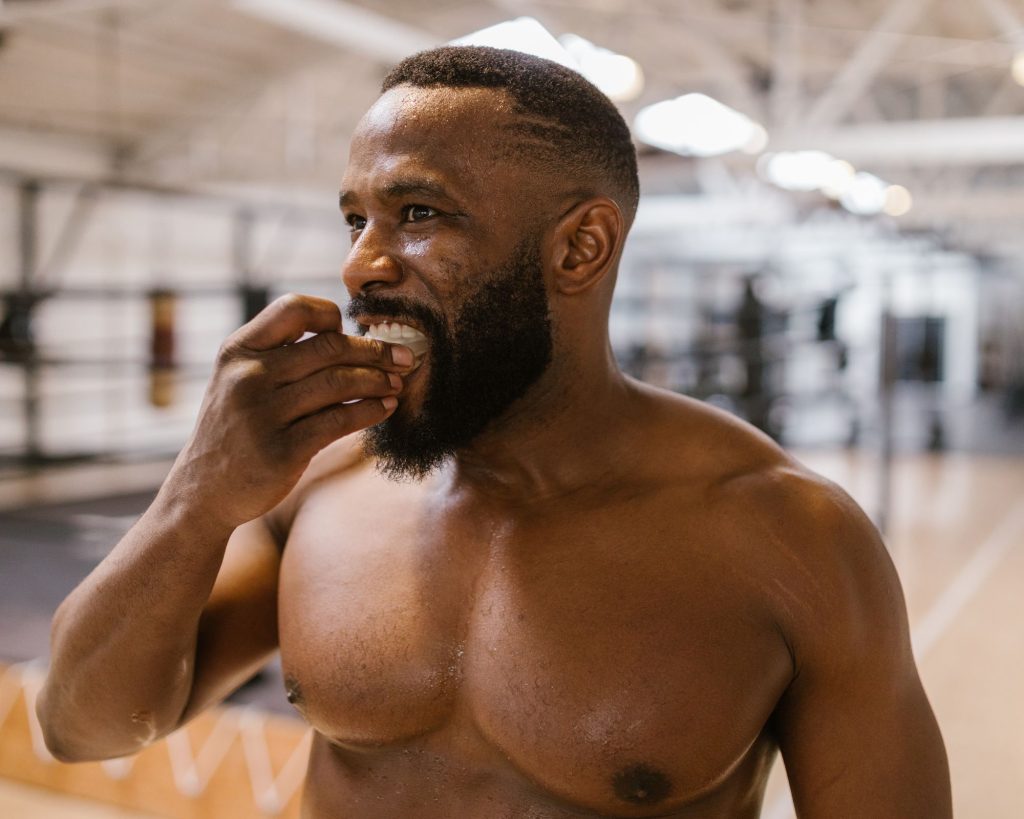
While joint pain may be a common occurrence in BJJ, that doesn't mean the risk posed by them can't be mitigated. There definitely are things that you can do to keep your joints--and your body in general--safe during training.
Follow Proper Form
Following proper form is among the most things you can do. Many BJJ injuries are caused by practitioners doing things with their or their opponents' bodies that they shouldn't be doing.
Remember that a part of the reason moves are done the way they is to prevent you from accidentally hurting yourself. Not following proper form when conducting a technique is an excellent way to make sure you'll be spending lots of wonderful time at your nearest hospital.
Follow Safety Precautions
The same goes for safety precautions. Following them is one of the most boring ways to prevent joint injuries, but it's also arguably the most effective.
Remember, hundreds of thousands of people have already gotten good at jiu-jitsu before us. They understand the reasoning behind the rules, and they know that breaking those rules brings consequences. There's no reason to reinvent the wheel.
Wear protective gear
Always be sure to wear protective gear before rolling. BJJ doesn't ask for much in this regard, at least compared to other martial arts. You don't need fancy gloves or lots of equipment, just your gi, some padding, and maybe a mouthguard if you want to be extra careful.
If you keep them on at all times while training, then you've even further mitigated your joints' risk of injury. Of course, knee padding doesn't replace good breakfall techniques or trump proper safety precautions, but it's great to have that extra layer of defense.
Tap out When Necessary
Your pride is not worth your body. There's a lot of good stuff to be said about go-getter, can-do attitudes, but none of them apply when you're stuck in an arm lock. If you feel that your body can't take anymore and you know that you've just lost, you should absolutely tap out.
It's hard to gauge just how much force our joints can take before it's too late and damage is done, so train within your limits. You should absolutely push yourself every single session in BJJ, but that doesn't mean doing so to the point of injuring your body.
Conclusion: Is BJJ Hard On Joints?
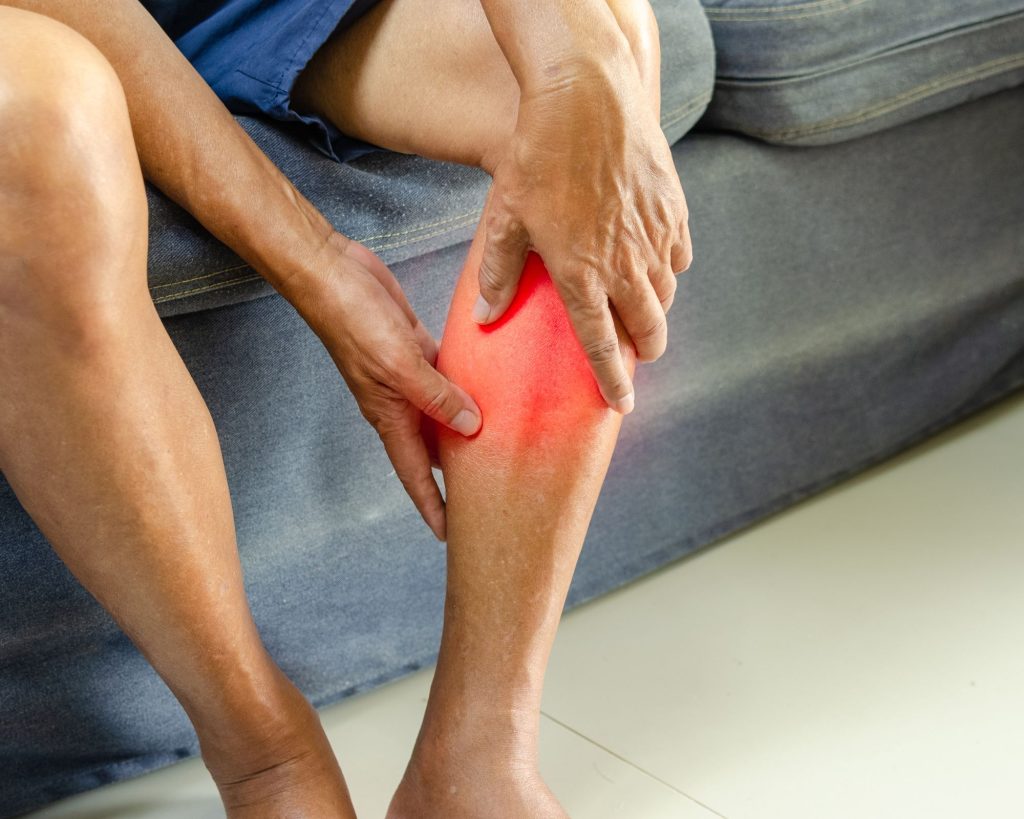
Yes, BJJ is hard on your points. You're likely to get them bent in unnatural angles while training, and there will be lots of instances when you're first starting out where you'll really feel the pain.
But BJJ doesn't have to be hard on your joints. So long as you know your body's limits, follow protocol, and listen to your instructor, you'll have nothing to worry about!
Wondering what you should eat to excel at BJJ? We've got you, just click here!
[author-box-jpx-fitness]
